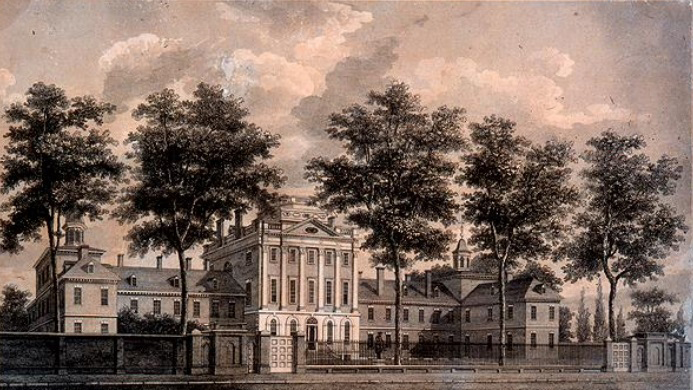
The First Hospital Founded (Pennsylvania Hospital) in the 13 Colonies in America on May 11, 1751
The First Hospital Founded in the 13 Colonies in America: Pennsylvania Hospital was founded in 1751 by Dr. Thomas Bond and Benjamin Franklin “to care for the sick-poor and insane who were wandering the streets of Philadelphia.” At the time, Philadelphia was the fastest growing city in the 13 colonies. In 1730, the population numbered 11,500 and had grown to 15,000 by 1750 (the city continued to grow and by 1776, its 40,000 residents made Philadelphia the second largest English-speaking city in the British Empire).
The docks and wharves along the Delaware River teemed with activity as ships bound for foreign ports loaded up with flour, meat and lumber while overseas vessels delivered European-manufactured goods and wines. Foreign visitors noted with envy the city's growing prosperity. Although the majority of the population was neither extremely wealthy nor extremely poor, there was a significant increase in the number of immigrant settlers who were “aged, impotent or diseased”.
At the time, colonial America's urban centers were far healthier than their European counterparts. Nevertheless, the Philadelphia region, according to city leaders of the day, was "a melting pot for diseases, where Europeans, Africans and Indians engaged in free exchange of their respective infections." Faced with increasing numbers of the poor who were suffering from physical illness and the increasing numbers of people from all classes suffering from mental illness, civic-minded leaders sought a partial solution to the problem by founding a hospital.
The idea for the hospital originated with Dr. Thomas Bond. Born in Calvert County, Maryland, Bond, a Quaker, moved to Philadelphia as a young man. In 1738, in order to further his medical education, he went abroad to study medicine in London. While in Europe, Bond spent time at the famous French hospital, the Hotel-Dieu in Paris, and became impressed with the continent's new hospital movement. Bond returned to Philadelphia in 1739 and two years later was appointed Port Inspector for Contagious Diseases.
Bond and Benjamin Franklin were long-standing friends. Bond was a member of Franklin's Library Company and helped establish the American Philosophical Society and the Academy of Philadelphia, which evolved into the University of Pennsylvania.
Around 1750, Bond “conceived the idea of establishing a hospital in Philadelphia for the reception and cure of poor sick persons.” The idea was a novelty on this side of the Atlantic, and when Bond approached Philadelphians for support they asked him what Franklin thought of the idea. Bond hadn't approached his good friend because he thought it was out of Franklin's line of interest, but because of the reaction he received, Bond soon turned to Franklin. After hearing the plan, Franklin became a subscriber and strong supporter. Franklin's backing was enough to convince many others that Bond's projected hospital was worthy of support.
Franklin organized a petition, although not signed by him, bearing 33 names and brought it to the Pennsylvania Assembly on January 20, 1751. The petition stated that although the Pennsylvania Assembly had made many compassionate and charitable provisions for the relief of the poor, a small provincial hospital was necessary.
The hospital bill met with some objections from rural members of the Assembly because they thought the hospital would only be serviceable to the city. At this critical juncture, Franklin saved the day with a clever plan to counter the claim by challenging the Assembly that he could prove the populace supported the hospital bill by agreeing to raise 2000 pounds from private citizens.
Franklin's fundraising effort brought in more than the required amount. The Assembly signed the bill and presented it to Lieutenant Governor James Hamilton for approval. After amending the bill several times, Hamilton signed it into law on May 11, 1751.
Penn Medicine / Wikipedia /
Benjamin Franklin History.org
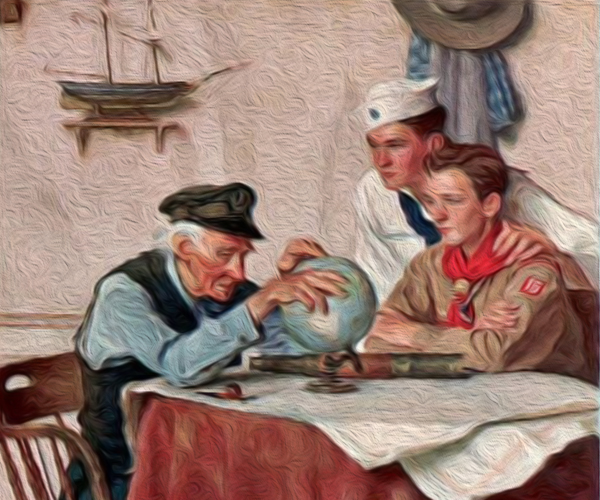
Understanding Military Terminology - Measurement ton
(DOD) The unit of volumetric measurement of equipment associated with surface-delivered cargo equal to the total cubic feet divided by 40. Also called MTON.
Joint Publications JP 4-01.5 (Joint Tactics, Techniques, and. Procedures for Transportation. Terminal Operations.)
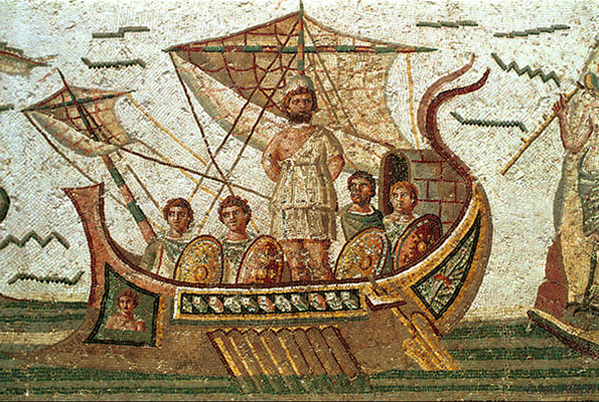
The Old Salt’s Corner
“The Odyssey”
Book II
Now when the child of morning, rosy-fingered Dawn, appeared, Telemachus rose and dressed himself. He bound his sandals on to his comely feet, girded his sword about his shoulder, and left his room looking like an immortal god. He at once sent the criers round to call the people in assembly, so they called them and the people gathered thereon; then, when they were got together, he went to the place of assembly spear in hand- not alone, for his two hounds went with him. Minerva endowed him with a presence of such divine comeliness that all marvelled at him as he went by, and when he took his place' in his father's seat even the oldest councillors made way for him.
Aegyptius, a man bent double with age, and of infinite experience, the first to speak His son Antiphus had gone with Ulysses to Ilius, land of noble steeds, but the savage Cyclops had killed him when they were all shut up in the cave, and had cooked his last dinner for him, He had three sons left, of whom two still worked on their father's land, while the third, Eurynomus, was one of the suitors; nevertheless their father could not get over the loss of Antiphus, and was still weeping for him when he began his speech.
“Men of Ithaca”, he said, “hear my words. From the day Ulysses left us there has been no meeting of our councillors until now; who then can it be, whether old or young, that finds it so necessary to convene us? Has he got wind of some host approaching, and does he wish to warn us, or would he speak upon some other matter of public moment? I am sure he is an excellent person, and I hope Jove will grant him his heart's desire.”
Book II continued ...
~ Homer
Written 800 B.C.E
Translated by Samuel Butler
Table of Contents

“I’m Just Sayin”
“In a hierarchy, every employee tends to rise to his level of incompetence.”
~ Peter principle

“Thought for the Day”
“Never tell the truth to people who are not worthy of it.”
~ Mark Twain

“What I Have Learned”
“When you can’t control what’s happening,
challenge yourself to control
the way you respond to what’s happening.
That’s where your power is!”
~ Anonymous
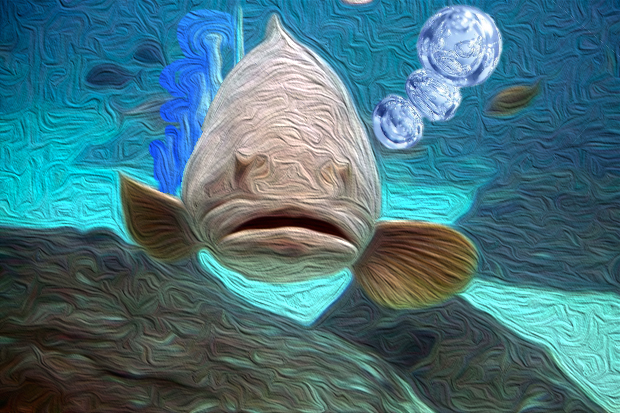
Bizarre News (we couldn’t make up stuff this good – real news story)

UFOs In The Clouds — Lenticular Clouds, That Is — Fire Our Imaginations Of Alien Visitors
“Some cloud formations actually look like alleged alien motherships.”
The Cloud Appreciation Society is devoted to the activity of cloud gazing. When their February 2017 cloud of the month turned out to be a flying saucer-shaped lenticular cloud, it absolutely inspired us to seek out more of these breathtaking images of clouds from around the world that have caused people to report seeing alien visitors.
The Weather Channel has referred to lenticular clouds as “Mother Nature’s UFOs”. These altocumulus lenticularis clouds ― appearing to our senses as disc-shaped objects ― often form in mountainous regions where stable moist air flows upward and then, when it becomes colder, it descends, forming a disc-like cloud that can appear to hover in the air.
The Cloud Appreciation Society - Huffington Post (02/09/2017) 

Mr. Answer Man Please Tell Us: Why Can't We See Stars During the Day?
Throughout history, luminaries ranging from Aristotle to Sir John Herschel have reported that stars are visible during the day from the bottoms of mine shafts, tall chimneys, coal pits or cisterns. Folk tales have also told of people spying celestial pinpricks of light reflected in the bottoms of dark lakes or wells. Presumably, the ability to see stars under such conditions was thanks to a mineshaft’s smaller visual angle, or to the greater contrast provided by dark surroundings.
Unfortunately for well-wishers, most of these illustrious figures relied on second-hand accounts and never tried the experiments themselves. Had they done so, they might have found what German naturalist Alexander von Humboldt and his students did when they tested the idea on a 230-foot chimney with a 16-foot opening. To improve their chances of success, they searched for a specific celestial object - Vega, the fifth brightest star in the night sky — that was scheduled to pass almost directly overhead. They failed to see anything, even with binoculars.
A.G. Smith, who later took measurements with a photometer and photometric densitometer - which measure the brightness and transmission of light, respectively — found that the luminance and color of the sky was the same inside a chimney as outside. In other worlds, the chances of seeing stars from the bottom of a well, or any other long tube, are no better than the odds of seeing them in your backyard. So much for the well of knowledge.
Sirius, the brightest star in the night sky, would have to shine five times its normal intensity before most could see it during the day (although at least one observer has reported seeing Sirius with his naked eye, it was under ideal conditions, an hour before sunset, after he had first located the star using binoculars).
However, it is possible to see stars during the day. First, there’s the sun, our nearest star, but observing it directly is dangerous without using the proper shields and equipment. Other individual, bright stars can be seen during daylight hours through a telescope or a really powerful pair of binoculars. The trick lies in knowing exactly where to point them, so that the brightness of the star — and, most importantly, the magnification and light-gathering capacity of the lenses — can overcome the glare of refracted sunlight. Some telescopes now have “go-to” systems that make this much easier. Just punch in the object to be viewed, and the telescope automatically slews to point at its location in the sky.
Venus, which is a planet but looks a lot like a superbright star to the naked eye, is visible during the day if you know exactly where to look.
Live Science
• Physics Stack Exchange
• Scientific American
• Quora
• Science Line
• Wikipedia

Where Did That Saying Come From?
“Get One's Goat” Meaning: Irritate.
Origin: It’s a horse racing term. Nervous horses could be calmed down by placing a goat in the stall with them.
Dastardly rival horse owners would sometimes steal, or “get”, these goats, thereby upsetting the horse and making it likely to lose the race.
Phrases.org UK
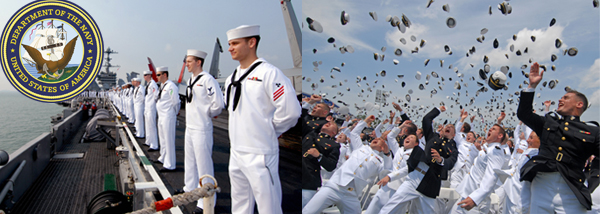
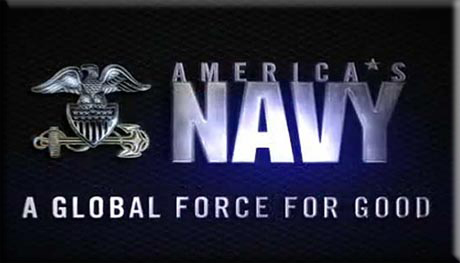
NAVSPEAK aka U.S. Navy Slang
OOC: Pronounced “oh oh see”. Used to describe a piece of equipment that no longer functions and is “out of commission”.
OOD: Officer of the deck.
Operation GOLDENFLOW: A command-wide urinalysis test.
OPS: Operations Officer: Head of the Operations Department on board a ship or shore command. The Operations Officer is usually third in command behind the Captain and the Executive Officer.
OS trainer (derogatory): A large popsicle; so called because Operations Specialists are expected to “brown-nose” with officers more than other ratings.
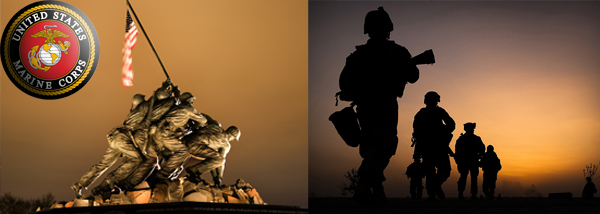
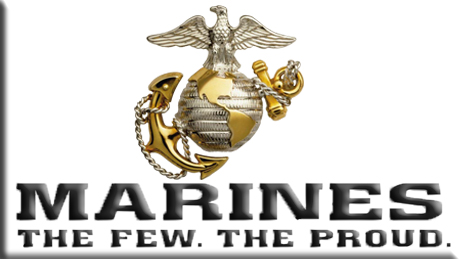
Just for you MARINE
Pizza Box: The Marksman Weapons Qualification Badge, so named for its square shape.
Pizza Stain: A nickname used by some Marines during recruit training to refer to the National Defense Service Medal, so named for the red and yellow appearance, like the cheese and sauce of a pizza.

Naval Aviation Squadron Nicknames
VUP-11 - Unmanned Patrol Squadrons (used for Intelligence, Surveillance, and Reconnaissance): “TBD”
To be established in 2018

Science & Technology
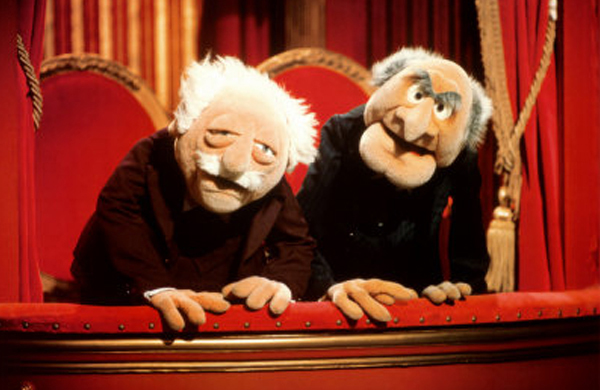
Muppet Guys Talking explores Jim Henson’s tech, genius, generosity
• Air Force: We have more drone pilot jobs than for any other aircraft
• Magnetic storage reaches the atomic level
• Google experiments with communal YouTube-watching with new app Uptime
• Yahoo to give Marissa Mayer $23 million parting gift after sale to Verizon
• AT&T’s “truly unlimited” prepaid plan has no hotspot, max speed of 3Mbps
ARS Technica
Phys.org

The Strange, Mysterious or Downright Weird

Water expands when it freezes, so scientists wondered what would happen if water was frozen from the outside in. Answer: It explodes.
The researchers filmed their water-droplet experiment, offering a slow-motion view of the exploding ice. When a droplet of water is frozen from the outside, it develops a rigid ice shell, according to the researchers. As the interior of the droplet begins to freeze, its expansion is restricted by the hard exterior, leading to the explosion.
The spherical drops were created in a vacuum chamber so the researchers could “supercool” the droplet, bringing the water to below 32 degrees Fahrenheit (0 degrees Celsius) without freezing it. Then, the researchers touched the droplet with silver iodide, which acts as a “seed” for ice crystals to form around. In this case, the supercooled water began to crystalize, freezing the outside of the droplet. An ice shell formed around the droplet, thickening from the outside in and building pressure within the droplet as the interior attempted to freeze. In the video, the droplet can then be seen cracking slightly and releasing some ice flakes, before finally exploding. [The Surprisingly Strange Physics of Water]
“"The cracks and cavities are slowly healed by liquid water pushed out from the inside”, the researchers explained in the video. “Once all the cracks are healed, pressure can build up again.”
Based on different droplets' explosions, the researcher developed a mathematical model to predict how the droplets would react to being frozen from the outside in. They found that there is a minimum droplet size - below a diameter of about 50 microns — at which the droplet will not explode.
This is the same phenomenon that happens in clouds, the researchers said. Precipitation occurs when water droplets explode in the cold tops of clouds, transforming fluid droplets to ice.
Details of the water droplets' dynamics when frozen were published online Feb. 24 in the journal Physical Review Letters.
Live Science (03/13/2017) 

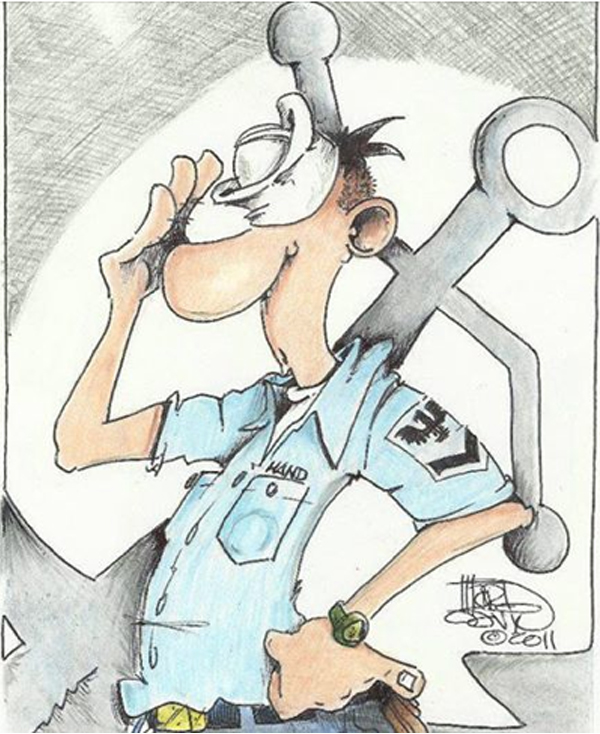
SONG FACTS
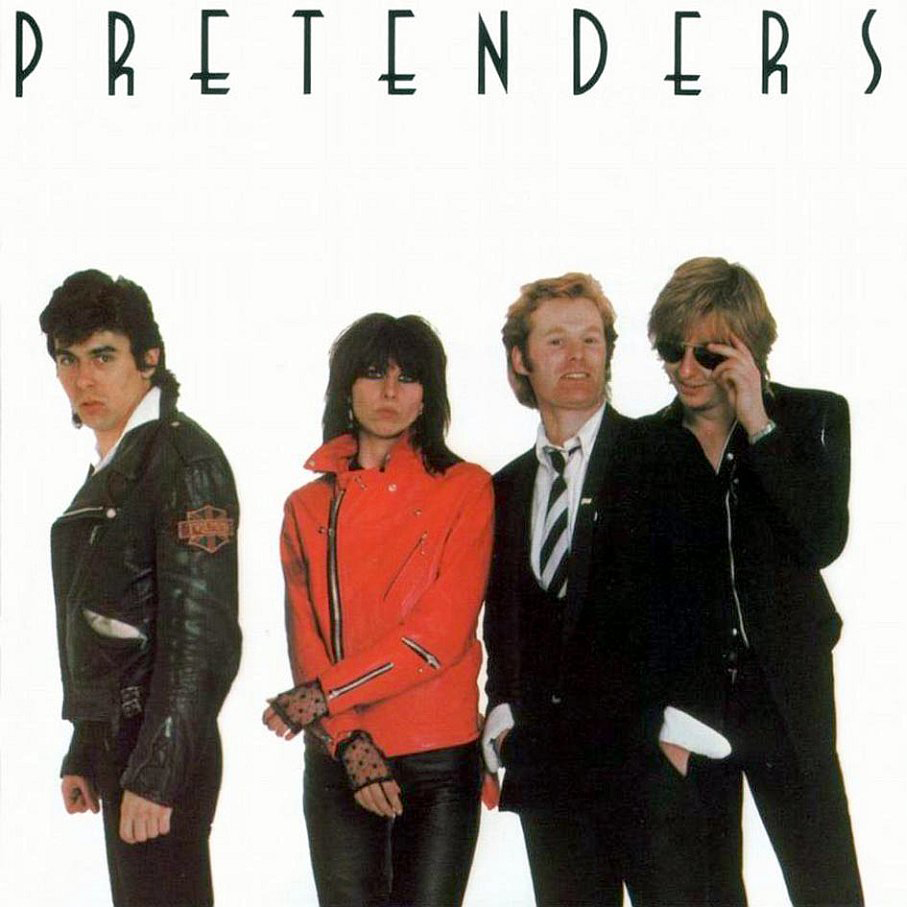
“Brass In Pocket” - The Pretenders
Album: The Pretenders
Released 1980 
There is a lot of British slang in the lyrics:
“Got Bottle” - Have courage.
“Skank” - Move your body side to side.
“Reet” - Righteous
“Brass” is a Northern English expression for money, harking back to the days when non-silver coins, or “Coppers” were worth something.
In the video, lead singer Chrissie Hynde was a waitress, implying the “brass” was the change she got from tips. Hynde worked as a waitress in the U.S. before she moved to London in 1973.
Note in the video when James Honeymoon-Scott points to the daily special tag on the cafe menu he is holding, at the same point the lyrics of the song hit “I'm special, so special”. Pure corn... but funny.
The song's title came about after The Pretenders first ever UK gig, when they were in the communal dressing room with The Strangeways, who they were supporting. Chrissie Hynde wanted to know whose trousers were sprawled over the back of a chair. One of The Strangeways Ada Wilson said: “I'll have them if there's any brass in the pockets.” When Chrissie inquired what he meant by brass, it was explained to her that brass is a northern slang term for money. Chrissie fell in love with the expression and was inspired to write the song.
In an interview with the Observer newspaper from December 12, 2004, Hynde said, “When we recorded the song I wasn't very happy with it and told my producer that he could release it over my dead body, but they eventually persuaded me. So I remember feeling a bit sheepish when it went to #1." In a VH1 interview, Chrissy Hynde openly admitted to loathing the song, and admitted that since so many fans love the song, she continues to play it.
The Pretenders came to producer Chris Thomas' attention when he saw them at The Marquee Club in London. He recalls in 1000 UK #1 Hits by Jon Kutner and Spencer Leigh: “I especially liked 'Brass In Pocket.' I went backstage to tell Chrissie. However Chrissie told me she didn't really like it. I insisted it was going to be a hit and if she didn't want to record it she should send it over to the producer Willie Mitchell and it would make her a fortune.”
“Got Bottle” - Have courage.
The Pretenders, official site / Billboard / All Music / Song Facts / Ultimate Classic Rock / Wikipedia
Image: “The Pretenders (album)” by The Pretenders
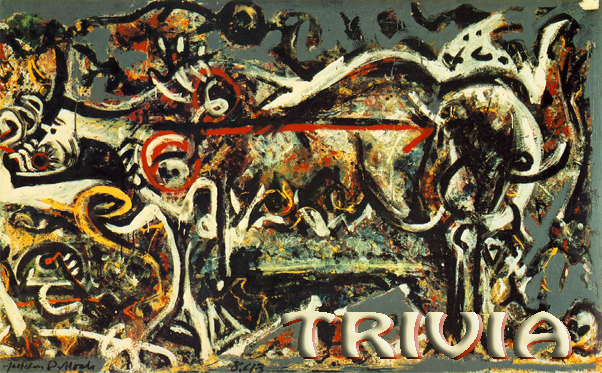
Trivia
● JACKSON POLLOCK was a 20th century American painter became famous by dripping or pouring swirls and spatterings of paint on a canvas.
● Aesop, born a Greek slave around 600 BC, became famous for his many fables.
● Many historians believe that World War II in the Pacific region began on July 7, 1937, when Japan invaded China.

A Test for People Who Know Everything
From the Jeopardy Archives Category - “BEST” WISHES ($1,000):
They're the opening 12 words of “A Tale of Two Cities”.
● Answer for People Who Do Not Know Everything, or Want to Verify Their Answer Quora
Answer to Last Week's Test
From the Jeopardy Archives Category - 1933 ($300):
In the U.S., hoarders of this type of coinage were jailed & fined for refusing to surrender them.
Answer: GOLD. United States presidential executive order signed on April 5, 1933, by President Franklin D. Roosevelt “forbidding the Hoarding of gold coin, gold bullion, and gold certificates within the continental United States” Wikipedia

Joke of the Day
A Priest, A Rabbi, and a Minister Walk Into a Bar...
and the bartender exclaims, “What is this, a joke?”
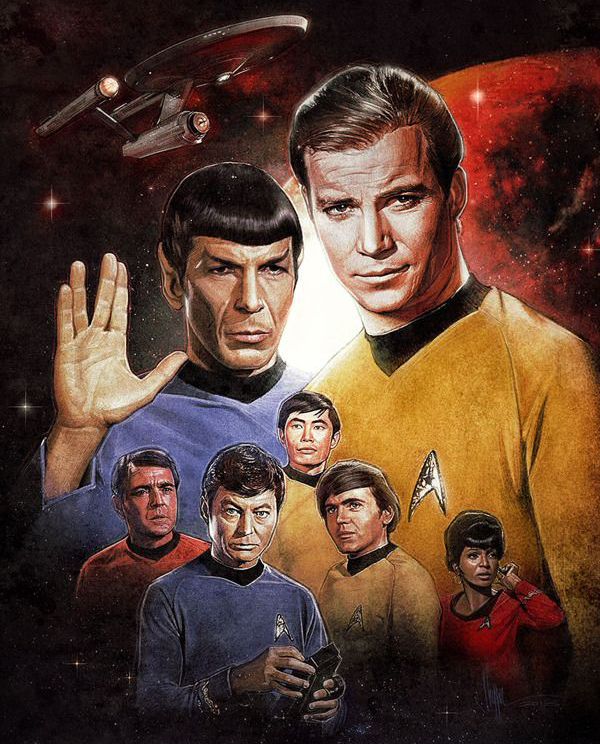
“Star Trek”
[Opening narration]
Captain Kirk: “Space, the final frontier. These are the voyages of the starship Enterprise. Its 5-year mission: to explore strange new worlds, to seek out new life and new civilizations, to boldly go where no man has gone before.”
Chekov: “A madman got us into this, and it's beginning to look like only a madman can get us out.”
Dr. Leonard “Bones” McCoy [to Spock] “Are you out of your Vulcan mind?”
Dr. Leonard “Bones” McCoy: “I'm a doctor, not an engineer.”
Spock: “I intend to assist in the effort to reestablish communication with Starfleet. However, if crew morale is better served by my roaming the halls weeping, I will gladly defer to your medical expertise. Excuse me.”
Dr. Leonard “Bones” McCoy: [as Spock leaves] “Green-blooded hobgoblin.”
Captain Kirk: “There's no such thing as the unknown- only things temporarily hidden, temporarily not understood.”
Captain Kirk: “Beam me up Scotty.” This line was never actually spoken in the television series.”
~ “Star Trek” - “The Original Series - First Episode Opening (The Man Trap)” (September 8, 1966)  Created By: Gene Roddenberry - IMDb - NBC (from 1966 through 1969)
Created By: Gene Roddenberry - IMDb - NBC (from 1966 through 1969)



























